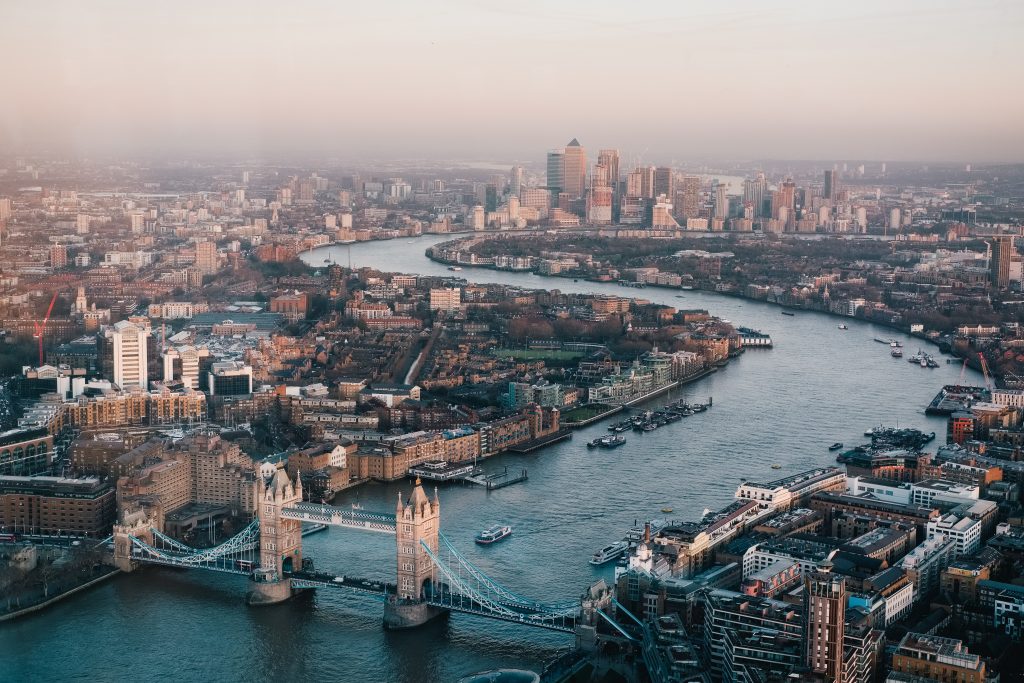
Throughout the COVID-19 pandemic, the need to communicate information to the general public clearly and through trusted sources has been paramount to saving lives.
Providing timely information about case rates, local and national restrictions, testing, safety advice and vaccines has been, and continues to be, vital in broadening the wider public understanding and ensuring everyone knows how they can best protect themselves and their loves ones.
In towns and cities with diverse populations, this has presented specific challenges in how to reach all communities in the right way. This includes people who may not speak English as a first language, young people who may feel they are not impacted, people from Black, Asian or ethnic minority backgrounds who historically may have had limited engagement with public health services or poor access to healthcare, and groups or individuals who simply have a general distrust of government and health organisations.
United approach
In London, one of the many ways we have approached this issue is by uniting local authorities, public health organisations, stakeholders and partners under the Keep London Safe campaign. The campaign is aimed at providing trusted, accurate information about the COVID-19 pandemic, ensuring a level playing field for all Londoners, where no group or individual is missed.
This has meant identifying and listening to communities about how they access information, what they want to know and which people or sources they most trust – a vital dialogue for informing an effective campaign.
Launched in July 2020, Keep London Safe is a partnership between London boroughs, London Councils, PHE, NHS and the GLA, with key players and coordination largely sitting within Hackney Council.
Working with communities
Initial work focused on the testing rollout. This included identifying groups of people experiencing barriers to getting a test, such as language difficulties, poor access to information or a reluctance to come forward. This was shared with boroughs who have worked closely with local groups and organisations to disperse culturally relevant information from trusted sources in many languages.
As the pandemic progressed, that approach moved on to providing information about the NHS Test and Trace App, local tier restrictions and, more recently, encouraging vaccination uptake, all the while adapting to changing attitudes and situations.
Do the #COVID19 #vaccines contain any products unsuitable for faith communities?
Our Regional Public Health Director for London, Kevin Fenton, reassures us that the vaccines do not contain any fetal, pork or beef products.
Find out more: https://t.co/0uMqooTSkq pic.twitter.com/QuYfl4xJf1
— UK Health Security Agency (@UKHSA) April 1, 2021
One of the key challenges in vaccination uptake has been how to reach those groups and individuals who may be hesitant in coming forward, and combatting the myths and misinformation circulating among communities.
In answer to this problem, the London Borough of Hackney compiled a research toolkit to enable other boroughs to learn more about the issues facing harder to reach groups and better understand their needs.
The ‘Insight Toolkit’ involved speaking directly to communities about:
- Motivating factors influencing their acceptance of the vaccine
- Reasons for their underlying hesitancy/barriers to take-up vaccine
- How these hesitancy/barriers could be overcome
- Who influences their decisions on vaccinations? What are their sources of trust - leaders in the community, medical professionals, government?
- What are the myths/misconceptions about the vaccine?
Trusted and reliable information
The final report, which gathered findings from over 1,300 online survey responses, three focus groups and 125 one-to-one Community Champion interviews, was shared with all 33 London boroughs.
The insights it provided have helped local authorities reach their communities in an informed way that is inclusive, informative and culturally relevant.
Practically, this has included making sure a wide range of races, religions and nationalities are represented in our information campaigns, from using images of medical professionals from Black, Asian and other ethnic minority backgrounds to multi-lingual materials and myth-busting facts that target specific community concerns.
The campaign provided a video script for local GPs to produce their own messages for their local communities, and councils have been encouraged to organise their own community information events through a webinar guide.
Gathering these first-hand accounts of Londoners’ experiences has been vital in making sure all communities have the same opportunities to access information and healthcare during the pandemic.
Personally, I am proud of the collaborative and inclusive approach we have all undertaken throughout this pandemic, but there is always more to do and we will continue to improve and adapt as we move forward.
Providing trusted and reliable sources of information to all Londoners has never been more important as we begin the careful steps of lifting restrictions in this country and continue the rollout of vaccinations across the country.
Read our blog on protecting ourselves and each other as we come out of lockdown.
